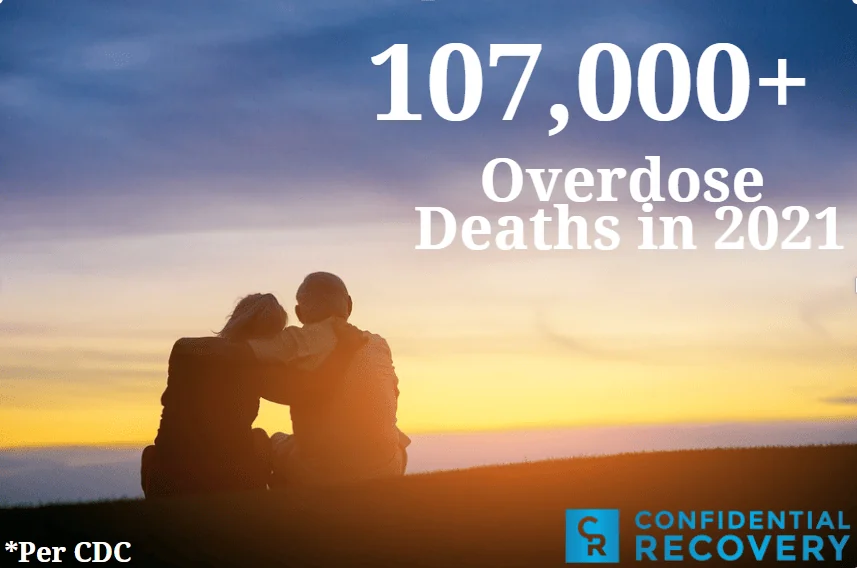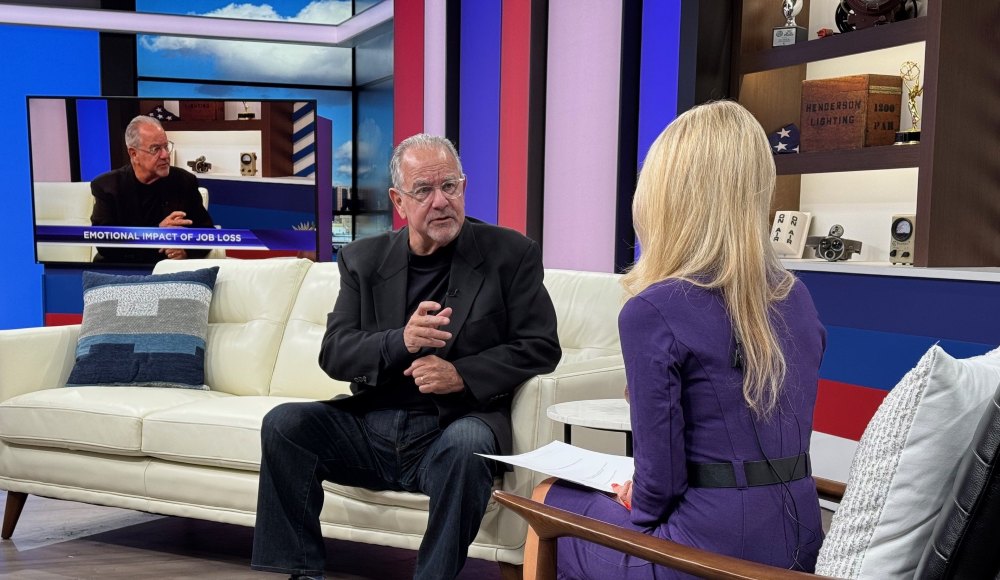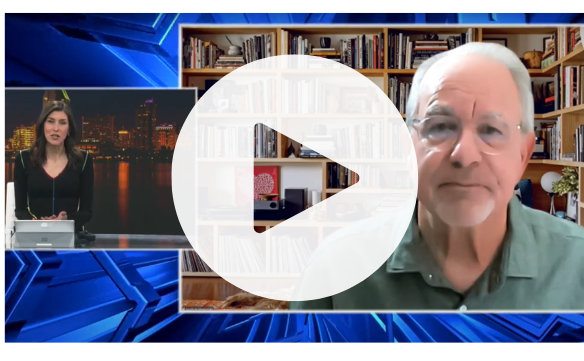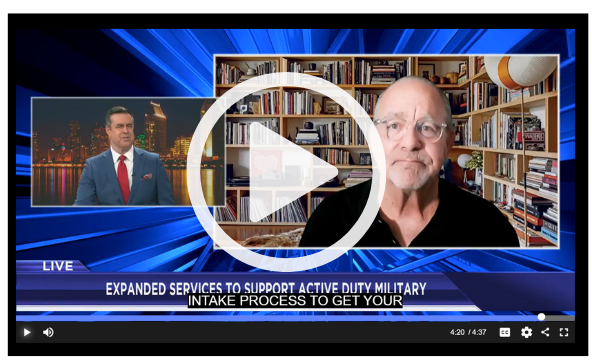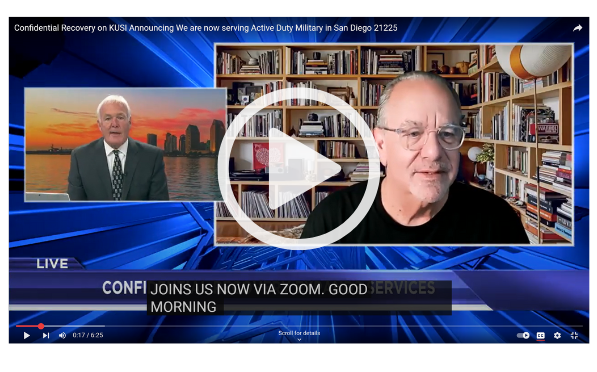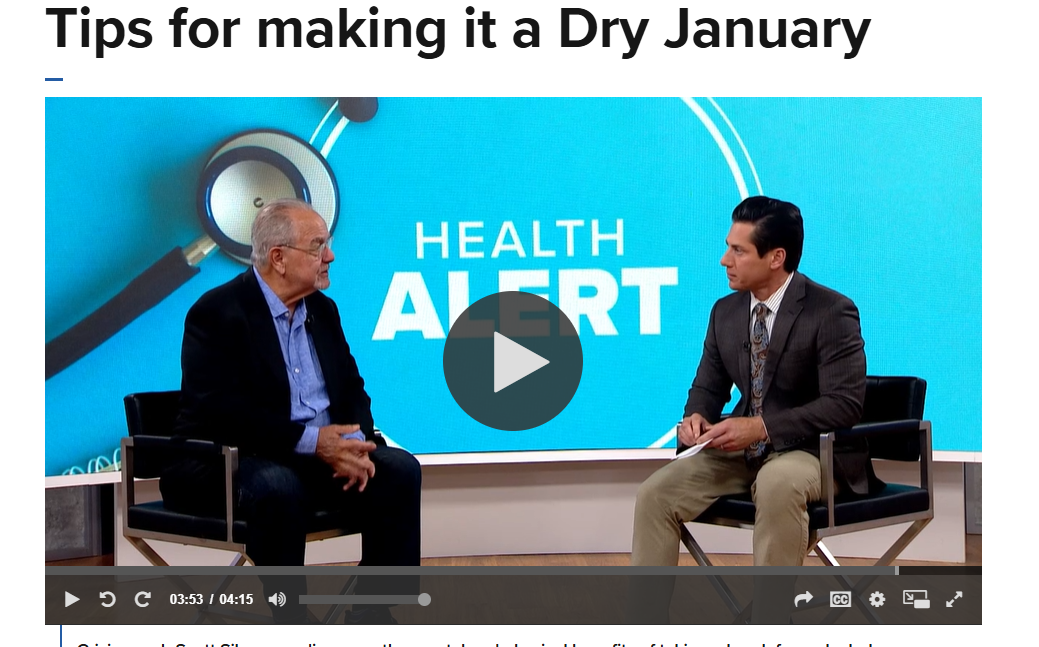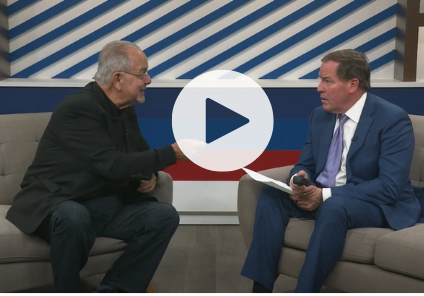Scott H. Silverman wrote his latest book, The Opioid Epidemic, in response to the public health crisis surrounding these powerful, whether legal or illegal, drugs. When he published the book in 2021, he was already aware that opioid overdoses had skyrocketed during the 2020 Covid-19 pandemic, but he had no idea that the problem would continue to worsen.
More than 130 people succumb to opioid-related overdoses every day. Some of these deaths are caused by street drugs, like heroin and fentanyl. Many are caused by prescription drug abuse.
Your addiction will catch up with you.
It’s not a matter of if but when. Scott Silverman wrote The Opioid Epidemic to help prevent those dealing with substance use disorder from becoming a part of this terrifying statistic. Maybe you aren’t in a position to help yourself yet, but we hope you’ll keep reading. Perhaps you aren’t an addict at all, but you’re worried about someone.
As Scott often says, hope and help are out there.
Here are a few things you can do to help put an end to opioid-related overdoses:
- Take a breath. If you’ve only recently discovered that a loved one has substance use disorder, you probably feel many things. Anger, hurt, grief, and despair are all perfectly normal reactions, but acting on them will not help your loved one. The best thing you can do is calm down, listen without judgment, and then determine the best course of action.
- Think outside the box. If you’ve never dealt with substance use disorder, you may have preconceived notions about how to overcome addiction. Before tossing your loved one in a treatment facility, calling an interventionist, or convincing them to quit cold-turkey, research your options. The road to recovery lasts a lifetime, and your loved one will need something sustainable that works for them. Intervention and in-patient rehab are viable options, but know that group therapy, outpatient rehab, or even telehealth services may be the right solution.
- Spread the word. Learn about the opioid epidemic. Talk to your kids about drugs and accidental overdoses. Make sure your community knows about important opportunities like National Prescription Drug Take Back Day (October 29, 2022) and the SAMHSA National Helpline (1-800-662-4357). Most importantly, talk about the opioid epidemic. The more we normalize discussing addiction, the less stigma addicts will face.
Scott H. Silverman is never too busy to help someone get on the road to recovery.
If you aren’t sure where to start, talk to Scott. He’s a crisis coach, family navigator, and interventionist. Most importantly, he knows what you’re going through. Scott is a recovering addict celebrating thirty years of sobriety. He’s been there, he’s seen death’s door, and he doesn’t want you or anyone you know to become another victim of the opioid epidemic.
Whether you’re calling on behalf of yourself or a loved one, Scott will give you the hope and help you need. Get in touch with him by calling 619-993-2738 or emailing through the contact form.
(c) 2022 Scott H Silverman. All Rights Reserved.
